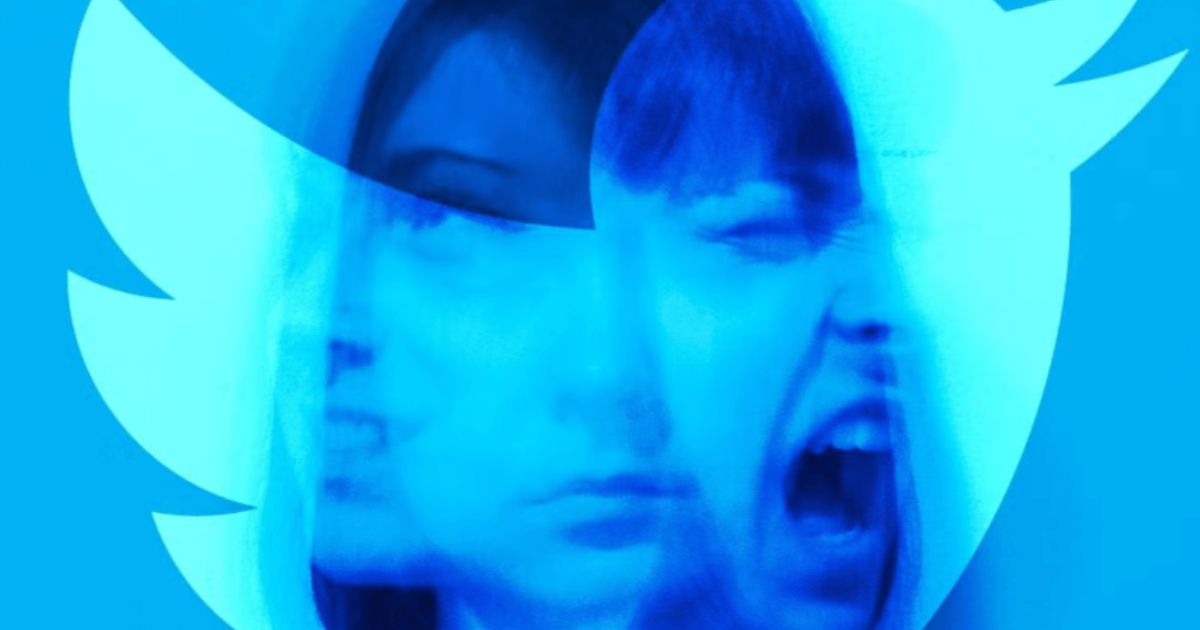In a world increasingly shaped by technological advancements, psychiatrists are facing new challenges in evaluating and treating patients with schizophrenia and delusional thoughts. Dr. Alaina Burns, a psychiatrist specializing in schizophrenia treatment at the UCLA Resnick Neuropsychiatric Hospital, sheds light on the digital age’s impact on schizophrenia patients.
With technology permeating various aspects of daily life, distinguishing between genuine concerns and delusional beliefs has become increasingly complex.
Dr. Burns emphasizes the difficulty in discerning between reality-based fears and delusions, particularly with the prevalence of surveillance technologies and the interconnectedness facilitated by the internet.
“In the past, what may have been deemed delusional is now grounded in reality due to technological advancements,” explains Dr. Burns. The ubiquitous nature of smartphones and digital surveillance has blurred the lines between paranoia and valid concerns about privacy. Consequently, psychiatrists must focus on the distress or impairment caused by these beliefs rather than their truthfulness.
Delusional Thoughts Impact on Schizophrenia Patients
The internet, in particular, plays a pivotal role in shaping and reinforcing delusional thoughts among schizophrenia patients. Dr. Burns highlights how patients often attribute their delusions to online experiences, such as believing their devices have been hacked or that famous personalities are communicating with them through social media.
Moreover, the internet serves as a platform for individuals to seek validation of their delusions, fostering communities of like-minded individuals and perpetuating mistrust.
Past research underscores the impact of technological advancements on the manifestation of delusional thought symptoms among schizophrenia patients. While core themes such as persecution and grandiosity remain consistent, the specific focus of these beliefs reflects contemporary issues and cultural trends.
Dr. Burns illustrates this point by citing historical examples, noting how delusions of persecution shifted from concerns about the Soviet Union during the Cold War to anxieties surrounding North Korea’s nuclear program in the 1990s.
The evolving landscape of technology presents both challenges and opportunities in the treatment of schizophrenia and delusional disorders. While advancements in digital health tools offer potential avenues for intervention and support, they also pose risks in exacerbating existing symptoms.
As such, clinicians must navigate the complexities of technology’s influence on mental health with vigilance and sensitivity.
Dr. Burns emphasizes the importance of a holistic approach to treatment, incorporating psychotherapy, medication management, and support services tailored to the individual needs of each patient.
Additionally, efforts to enhance digital literacy and promote critical thinking skills may empower individuals to navigate online experiences more effectively, mitigating the potential impact of digital misinformation on delusional beliefs.
As society continues to grapple with the implications of technology on mental health, interdisciplinary collaboration, and ongoing research are essential in developing strategies to address the unique challenges faced by schizophrenia patients in the digital age.
By fostering a deeper understanding of the intersection between delusion and technology, clinicians and researchers can work towards improving outcomes and enhancing the quality of life for individuals living with schizophrenia.








Leave a Reply
You must be logged in to post a comment.